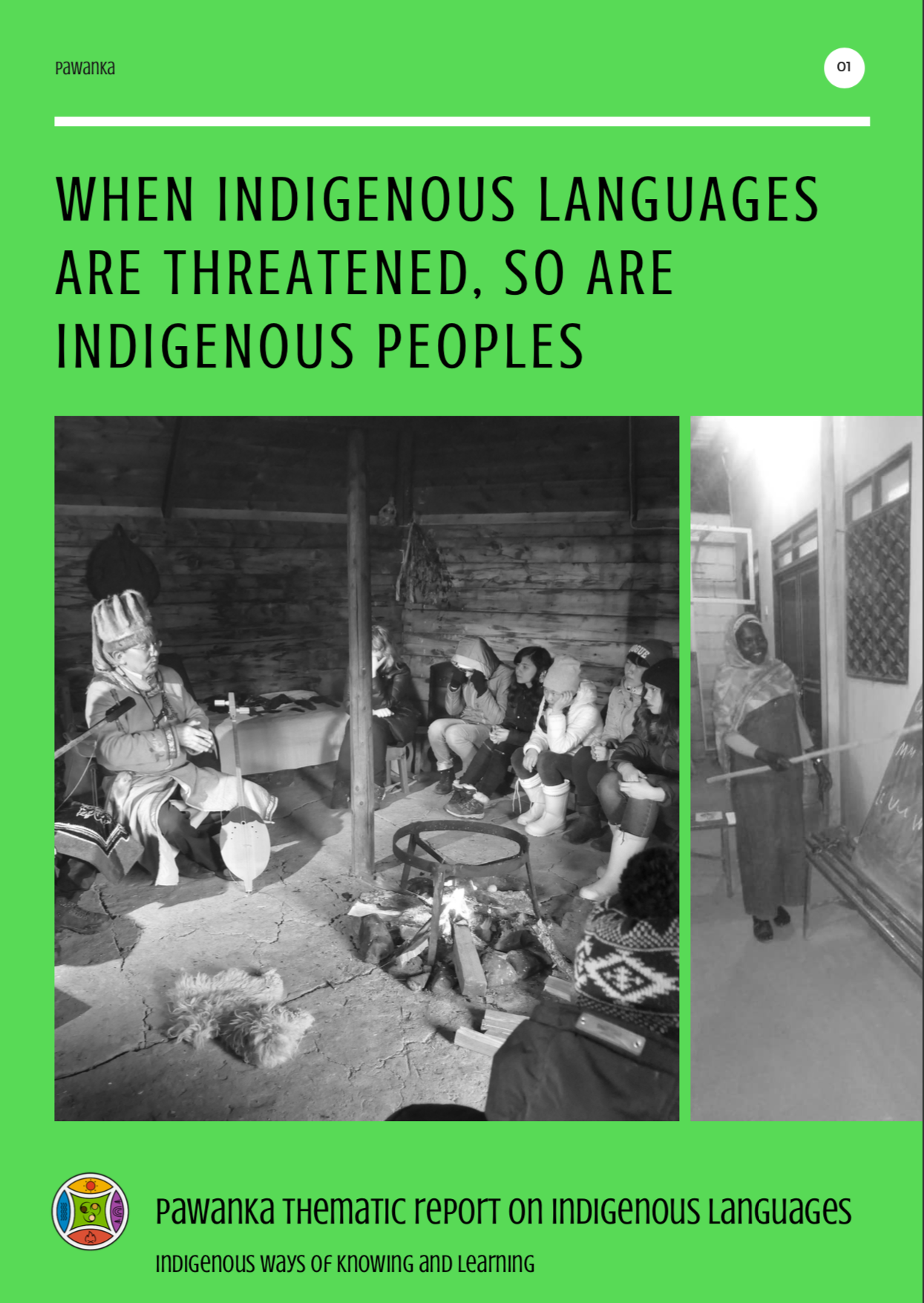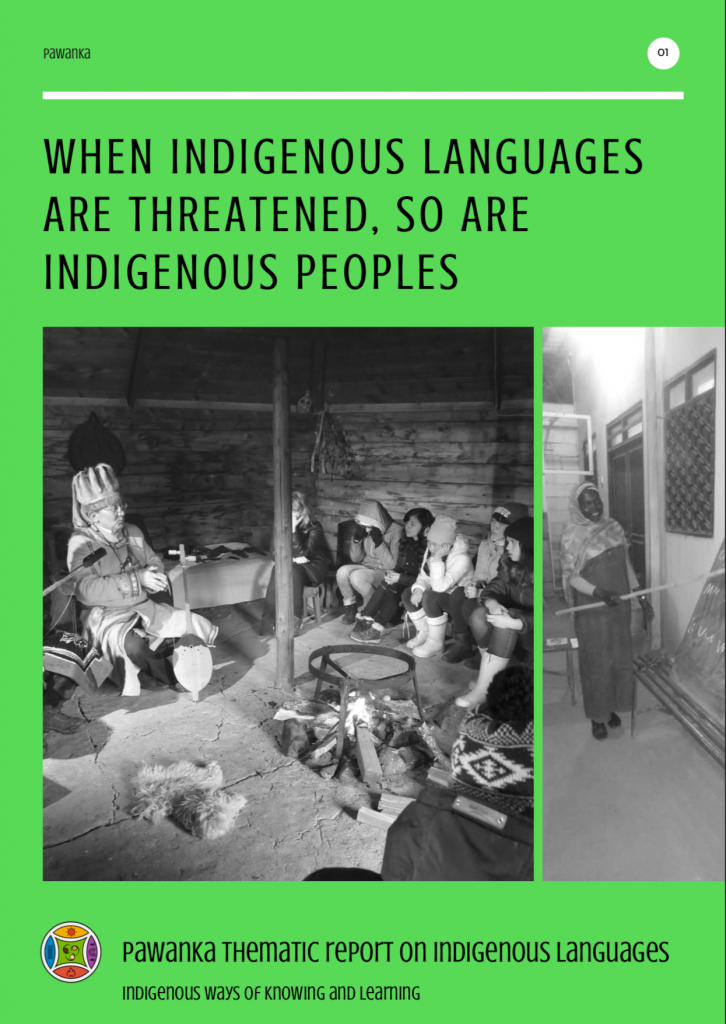
INTRODUCTION
Indigenous peoples make up less than 6% of the global population, yet they speak more than 4,000 of the world’s almost 7,000 languages. There are dire predictions that up to 95 percent of the world’s languages may become extinct. Seriously endangered indigenous languages constitute the majority of these. The persistence of indigenous languages is clear proof of indigenous peoples’ assertion of their distinct identities and self-determination. When indigenous languages are threatened, so are indigenous peoples.
Article 13 of the United Nations Declaration on the Rights of Indigenous Peoples (UNDRIP) states that “indigenous peoples have the right to revitalize, use, develop, and transmit to future generations their languages, oral traditions, writing systems and literatures.” Further, it provides that “States shall take effective measures to protect this right, including through interpretation in political, legal and administrative proceedings.” Articles 14 and 16 state indigenous peoples’ rights “to establish their educational systems and media in their own languages and to have access to an education in their own language.”
In line with its commitment to the protection and enhancement of traditional knowledge, Pawanka Fund’s indigenous-led philanthropy has been partnering with indigenous peoples organizations and communities to support their efforts to reclaim and revitalize their languages. This work is integral to sustaining intergenerational transfer and enhancement of traditional knowledge linked to exercising the rights of indigenous peoples. These initiatives for the promotion of indigenous language are taking place globally, and Pawanka Fund has supported efforts from Central, South and Southeast Asia to South, North, and Central America, to Africa, and in the Arctic region. In light of the United Nations’ proclamation of 2019 as the International Year of Indigenous Languages, the Pawanka Fund wishes to highlight indigenous peoples’ contribution to this global effort to prevent the rapid loss of indigenous languages and the urgent need to preserve, revitalize, and promote them at national, regional, and international levels.

